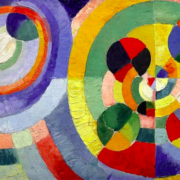Abstract
What emerges then is a self that is incomplete or vulnerable, or a self that has either not developed its own functions and objects or has only been to able to do it both by sacrificing, cutting off and isolating the self that is capable of learning from mental pain and by distancing itself from all those objects, including the body, that can instigate that learning experience. For anorexic and bulimic patients, the homogeneous group as Self-Object offers a self-recognition and affective regulation experience that lays the foundations for a process of self-exploration which would otherwise be impossible in people whose very sense of existence feels threatened. If the patients can see the subjective form of their affective life reflected by others as something shared and therefore meaningful, human, open to communication and hence to Read more



